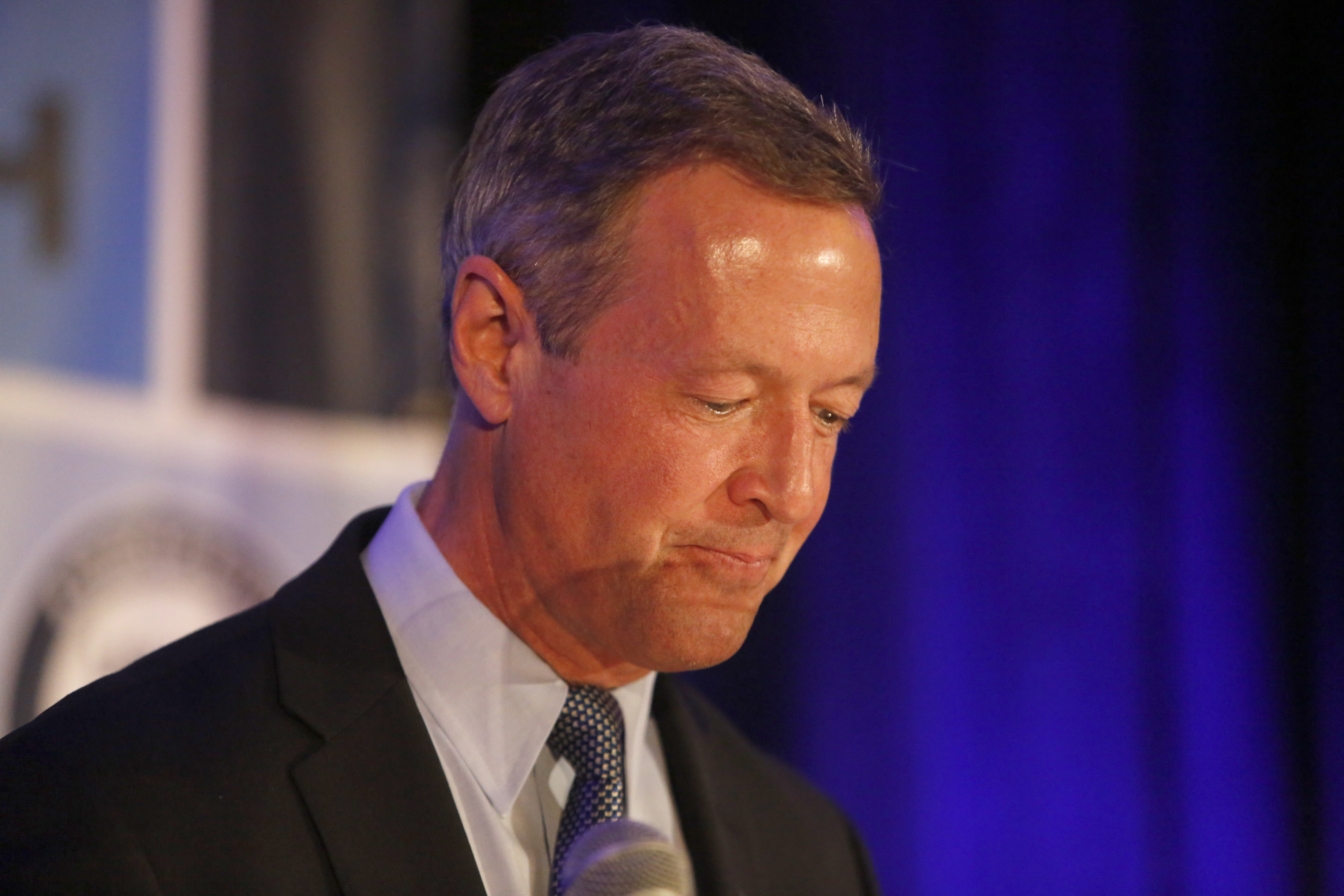National intelligence director: ‘Felt pretty good’ to resign
Director of National Intelligence James Clapper told a House committee Thursday that he will resign following the end of the Obama administration, putting to re...
Director of National Intelligence James Clapper told a House committee Thursday that he will resign following the end of the Obama administration, putting to rest any notion that he might stay on during the early days of President-elect Donald Trump’s administration.
Following his announcement that he would step down on Jan. 20, 2017, Clapper outlined the state of national cybersecurity threats in what will likely to be one of his last public testimonies before Congress as DNI.
Clapper said he “did not anticipate a significant change” in the cybersecurity threats posed by state actors, such as Russia, during the next presidential administration. Clapper and the Department of Homeland Security in October publicly accused Russia of hacking into the private email of Democratic Party officials.
“After the issuance of the statement and the communication that I know took place between our government and Russian government, it seemed to have curtailed the cyberactivity that the Russians were previously engaged in,” Clapper said.
In addition to promoting horizontal integration across the intelligence community, Clapper said he has seen improvements in information sharing between state, local, tribal and private sector security officials. At the national level, Clapper said the intelligence has the resources it needs to stay one step ahead of cyber adversaries.
“We, I think, make a very healthy investment in the national intelligence program on intelligence to support cyber threats. Obviously, it would always be good to have more money, but I think as a proportion of everything else that we have to look at, I think we’re in reasonably good shape. I think the challenge for us is always going to be the fundamental fact that the internet is insecure, and anytime you have a dependency on the internet, we’re going to be playing catchup and reaction to defending our networks,” Clapper said.
Clapper confirms January departure
Clapper prefaced his opening remarks during a House Permanent Select Committee hearing by informing lawmakers that he had submitted his letter of resignation to President Obama Wednesday evening.
“I submitted my letter of resignation last night, which felt pretty good,” Clapper said.
Clapper, who has held the position since August 2010, broke the news after the committee’s ranking member Rep. Adam Schiff (D-Calif.) asked whether he would remain on the job during the Trump transition.
“There was a rumor out there that you might be asked to stay on a little longer during the transition. I’m hoping you will stay on a little longer, maybe four years longer,” Schiff said.
Clapper jokingly responded that his wife would probably have a problem if he stayed on past Jan. 20, 2017.
“I’ve got 64 days left, and I think I’d have a hard time with my wife [with] anything past that,” Clapper said.
Clapper’s tenure as national intelligence director was already expected to end Jan. 20, but the Trump transition team could have asked him to stay on temporarily until a successor was confirmed. Former Defense Secretary Robert Gates, appointed by President George W. Bush in 2006, remained on-the-job during the Obama administration until 2011.
Prior to serving as the director of national intelligence, Clapper was a lieutenant general in the Air Force and the director of the Defense Intelligence Agency.
Copyright © 2024 Federal News Network. All rights reserved. This website is not intended for users located within the European Economic Area.
Jory Heckman is a reporter at Federal News Network covering U.S. Postal Service, IRS, big data and technology issues.
Follow @jheckmanWFED






